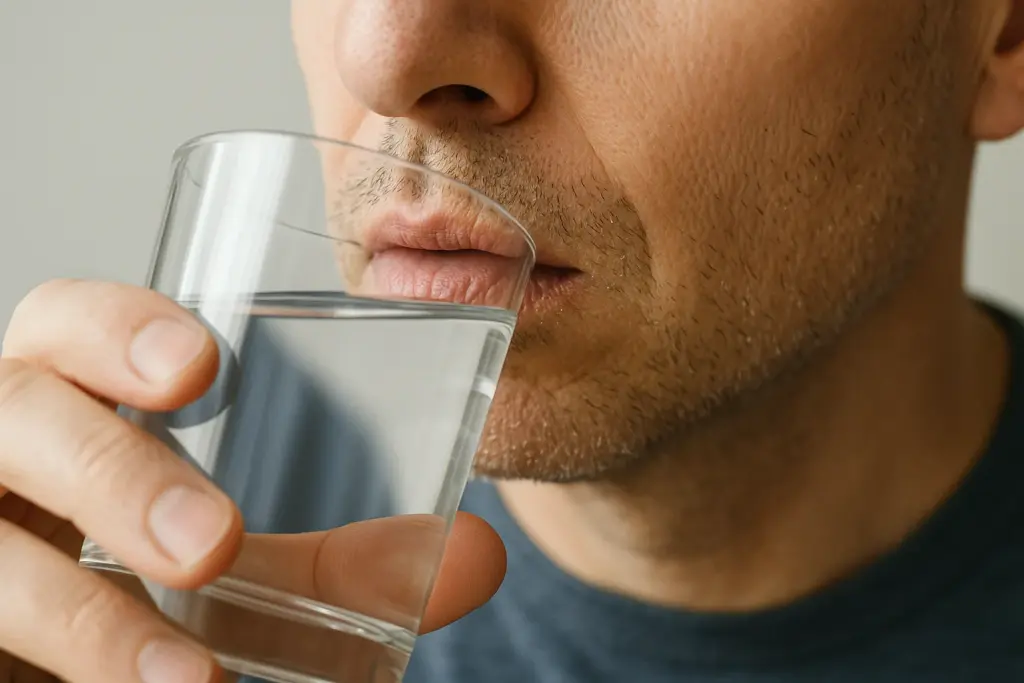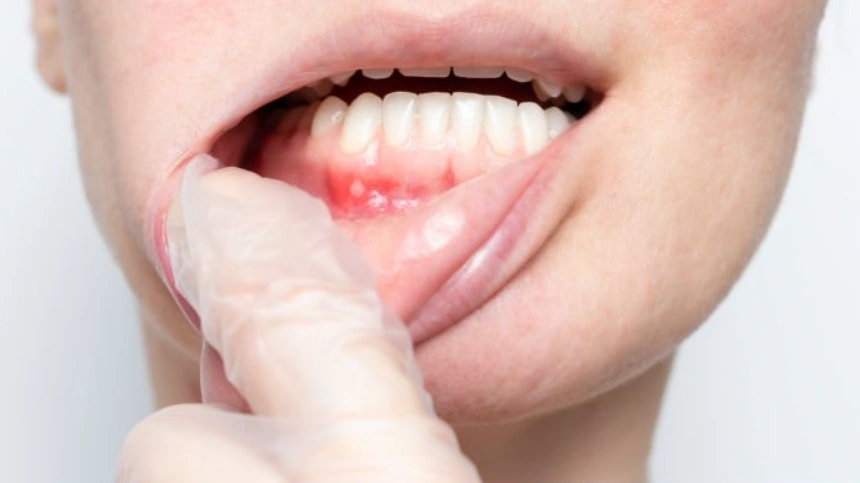Ozempic Teeth: What to Know
There is no reason for someone to use Ozempic and continue to have weak, damaged, and uncomfortable teeth. That’s not the case. The truth is it might be the best possible moment for improving your smile.
Lema Dental Clinic, located in Istanbul, is where you can find the most advanced dental services from the advanced for patients all over the world. No matter if the problem is the Ozempic causing enamel depletion, gum troubles, or you are just looking for a brighter Hollywood Smile, our skilled team is among us, and they are willing to expose you to the fundamental processes involving the practice of dental care.
What Is Ozempic “Ozempic Teeth”?
Being the first treatment for type 2 diabetes of the glycoside-like peptide class, with the generic name semaglutide, Ozempic has already become widely accepted as a new miracle drug for converting the obese into the fit through the injectable route of peptides. This has not ended, however; it now comes with the additional fact that it has become the new pharma trend.
The medication has gained popularity, and its success stories are just too many. However, a new word, “Ozempic Teeth“, started circulating the net as the number of people using this word has increased. This term is still on the rise, especially in dental offices where patients come in reporting cases like toothaches for no reason at all, to having dry and uncomfortable mouths. Could this be a matter of pure concurrence, or is there something more behind it?
Let’s get in-depth about this viral medication and its effects on your oral health and also let’s discuss the solutions to these if there are any.
Common Dental Side Effects Linked to Ozempic Use

Although dental problems are not officially pinned as the side effect of Ozempic, the number of its users who have had their oral health compromised has increased over time, and besides, they are a very vocal group. These people—dentists that is—are now in a wait-and-see mode since they have reached a critical mass.
The most commonly reported symptoms are as follows:
- Unexplained toothaches or sensitivity: Teeth that all of a sudden feel painful or twinge, whether without any physical effort.
- Dry mouth (xerostomia): A demure of saliva, which makes it somehow easier for bacteria to thrive and reproduce.
- Receding or irritated gums: Gums may be quite red, swollen, or even start to pull back in shape.
- Bad breath and plaque buildup: In the absence of enough saliva, it becomes very hard for the mouth to clear itself.
In addition, we have received reports about the jaw being clenched or the teeth being ground by the patients in many cases—mostly this is the result of anxiety, stress, or changes in medication. If none of the above is tackled, they can go out of control and manifest in the form of major dental issues in no time at all.
Saliva, Enamel, and Gum Health Can Be Affected by Ozempic

There’s the super-hero in your mouth that most people are not aware of: it’s saliva. It is responsible for cleaning up the leftover food, controlling the pH level, protecting the minerals of the teeth, and last but not least, keeping bacteria in check. If none of this takes place, your teeth are completely defenseless.
Ozempic may cause dry mouth as it affects the digestive system and retards body processes, including saliva production. The mouth of the user becomes dry and sticky, and his/her teeth are more likely to have decay.
Also, your dry mouth will result in the following:
- Your enamel gets worn out more quickly, hence becoming sensitive and getting a bigger probability of developing cavities.
- Bacteria not only survive but also multiply at a faster rate due to propagation, especially around the gumline, which may eventually culminate in gum disease.
- Your bad breath will persist even though you think you have just brushed your teeth, and the smell will be even more noticeable due to the dryness of your mouth.
This is a very bad thing. In addition, some users may be affected. These are of the kind whose stomach makes them very serious as soon as they are exposed to the acids in the stomach, and it can lead to acid erosion; that is, the teeth will lose condensation, become yellow, or crack in some cases.
How to Take Care of Your Teeth and Gums in Case of Tooth or Gum Issues on Ozempic

If you have recently switched to Ozempic and you feel your teeth have been affected, this should not be taken lightly. The problem is easier to treat if you resolve it as quickly as possible.
The following is the thing that you should do without delay:
- Book an appointment with the dentist. Your dentist will examine you for signs of decay, infection, or gingivitis, as well as suggest the right treatment for you.
- Drink more water. Water keeps the mouth from drying out. Always carry a water bottle with you.
- Look for products which will create saliva. The products can be in the form of sprays, xylitol, and lozenges, and they will help you to have a moist mouth throughout the day.
- Do not eat sweets or drink acidic drinks. They are worse than any other thing you consume. Leafy greens and cheese would be a better choice than these.
- Use fluoride mouthwash or toothpaste. Protecting your enamel is very necessary.
Additionally, without any delay, discuss it with your healthcare provider. You should let your dentist know about any medications you are taking, as Ozempic and the like can greatly affect the way you are treated.
How to Keep Your Teeth Safe Discounting the Effects of Ozempic
Do you know what the best thing is? Keeping your teeth in good condition while you are still taking the drug is not impossible. If you have a plan for only those habits that are healthy, then it will be possible to shield your teeth against any attack and the drug at the same time.
Remember to clean your teeth well, as the following advice advises:
- Brush gently and thoroughly, twice a day. Use toothpaste with fluoride and a soft-bristled toothbrush.
- Floss every day. Do not forget to do it as it is a step that is very effective in preventing gum diseases.
- Use mouth rinse. Select the one without alcohol that is designed for dry mouths.
- See your dentist at least twice a year. See your dentist more frequently if you have symptoms.
- Consume foods that are good for your enamel. Leafy greens, yogurt, and apples help keep teeth naturally clean and strong.
When you don’t have a bright smile, that’s a concern of yours too, no problem. Cosmetic dentistry can give your teeth a new life and make them look much better.
FAQ: Ozempic Teeth—What to Know
Yes, many users report increased tooth sensitivity, pain, and dry mouth while using Ozempic.
Ozempic may slow saliva production, making it harder for your mouth to stay moist and balanced.
Not usually—most symptoms can be treated or reversed if addressed early with proper care.
Stay hydrated, use fluoride products, floss daily, and visit your dentist regularly.
Definitely—your dentist needs to know so they can adjust your oral care plan accordingly.




